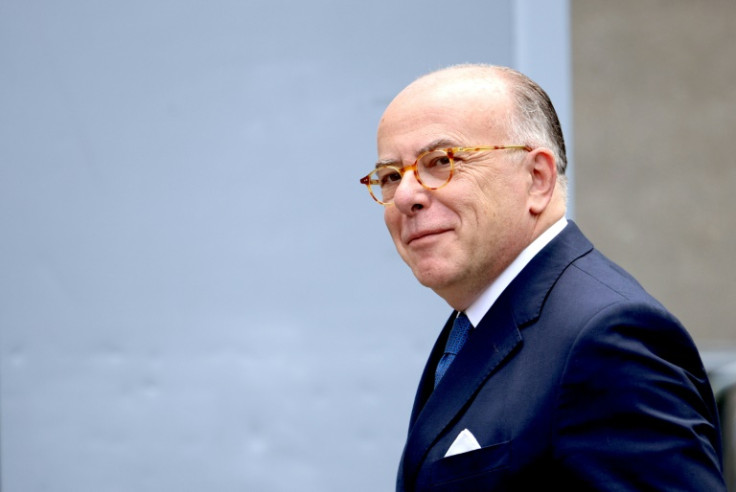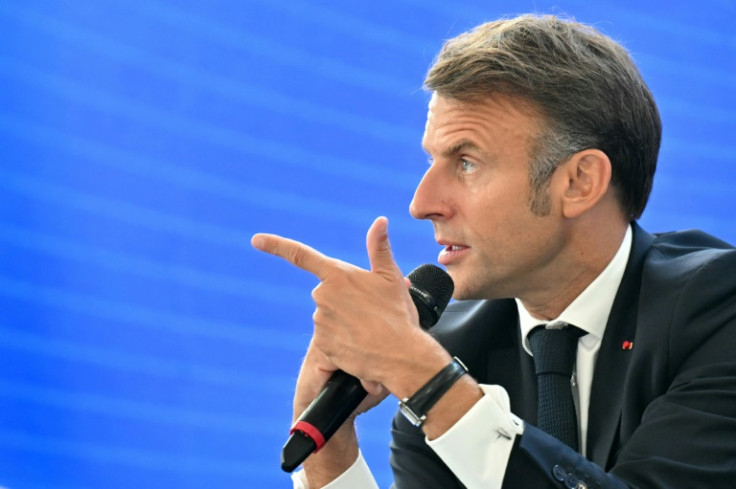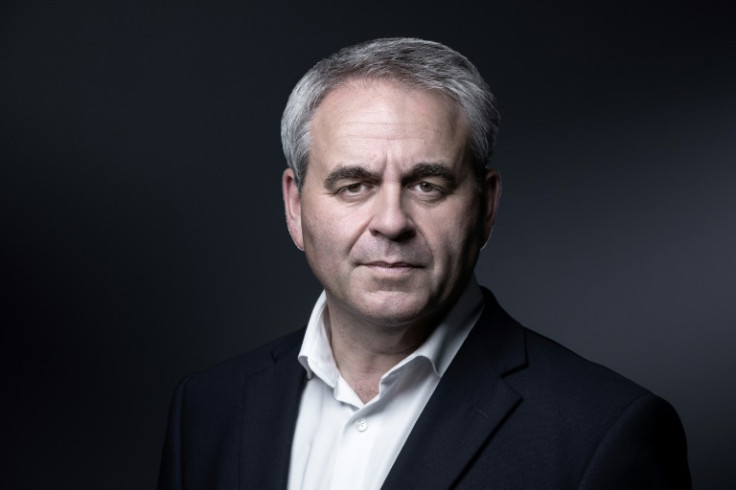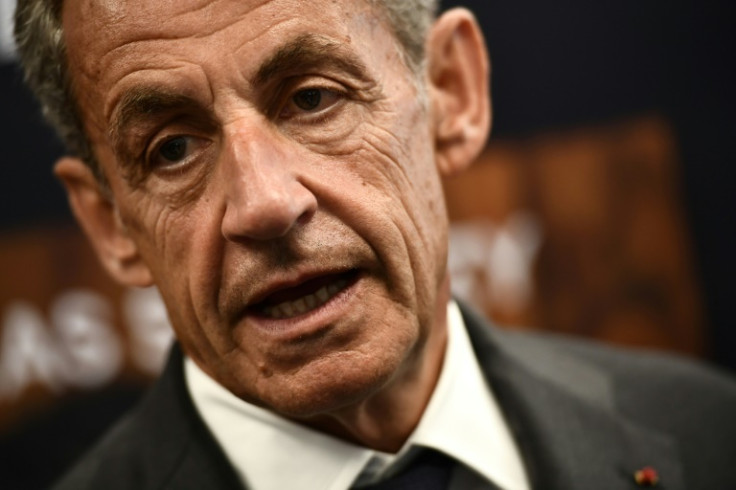France's Macron Accelerates Efforts To Break PM Deadlock

French President Emmanuel Macron on Monday intensified efforts to find a new prime minister after almost two months of deadlock following inconclusive legislative elections, hosting two former presidents and two potential candidates.
France has been without a permanent government since the July 7 legislative polls where the left formed the largest faction in a hung parliament with Macron's centrists and the far right comprising the other major groups.
To the fury of the left, Macron has refused to accept the nomination a left-wing premier, arguing such a figure would have no chance of surviving a confidence motion in parliament.
Instead, the president, who has less than three years in power, has happily run down the clock as the Olympics and Paralympics took place, to the growing frustration of opponents.
But amid signs of an acceleration as France returns from holidays, Macron early Monday hosted Bernard Cazeneuve, a former leading Socialist who headed the government in the final months of Socialist Francois Hollande's 2012-17 presidential term, an AFP journalist said.
Cazeneuve is regarded by commentators as the figure most likely to be named by Macron, but his appointment is far from a foregone conclusion.
His appointment is "a possibility but it is not a certainty... an option but we must look closely," a source close to Macron told AFP, asking not to be named.
Cazeneuve, 61, spent years as interior minister, including during the traumatic 2015 Paris attacks, and enjoys respect from across the political spectrum.
He is "one of those who seem to me capable of bringing people together beyond his own camp," National Assembly speaker Yael Braun-Pivet, a Macron supporter, told broadcaster France Inter Sunday.
But the hard-left France Unbowed (LFI) was unimpressed. "I don't give him a chance. He belongs to the old world," said the head of its MPs Mathilde Panot.
Macron was also due to host Monday at the Elysee his two surviving predecessors -- right-winger Nicolas Sarkozy and Hollande -- for talks at the Elysee.
It is traditional for the French president to consult predecessors during moments of national importance. "Could there soon be white smoke?" asked left-wing daily Liberation, referring to the signal given when a new pope is elected.
But a sign of the potential uncertainty, Macron in the afternoon was also set to hold talks with Xavier Bertrand, the right-wing head of the northern Hauts-de-France region and a former minister.
Bertrand, 59, would be a much more palatable figure for the right as premier.
Sarkozy, who despite a string of graft convictions after leaving office on charges he denies remains an influential figure on the right and even within Macron's circle, has already made his preference clear.
"The centre of gravity of French politics is on the right", he argued in the Figaro daily on Saturday.
He said Bertrand would be a "good choice", while opposing Cazeneuve's nomination.
For a president who came to office in 2017 vowing radical change as to how France is ruled, naming a former prime minister from a previous administration could be seen as a negative throwback.
"For Emmanuel Macron, appointing Bernard Cazeneuve to the office of prime minister would implicitly acknowledge the fact that the 'new world' has failed," the Le Monde daily wrote in an editorial.
Whoever is named will face the most delicate of tasks in seeking to agree legislation in a highly polarised National Assembly at a time of immense challenges.
An October 1 deadline is now looming for a new government to file a draft budget law for 2025 -- something the caretaker administration under Gabriel Attal, in place since July, cannot oversee.
With debts piling up to 110 percent of annual output, France has this year suffered a credit rating cut from Standard and Poor's in June and been told off by the European Commission for excessive deficits.



© Copyright AFP 2025. All rights reserved.





















